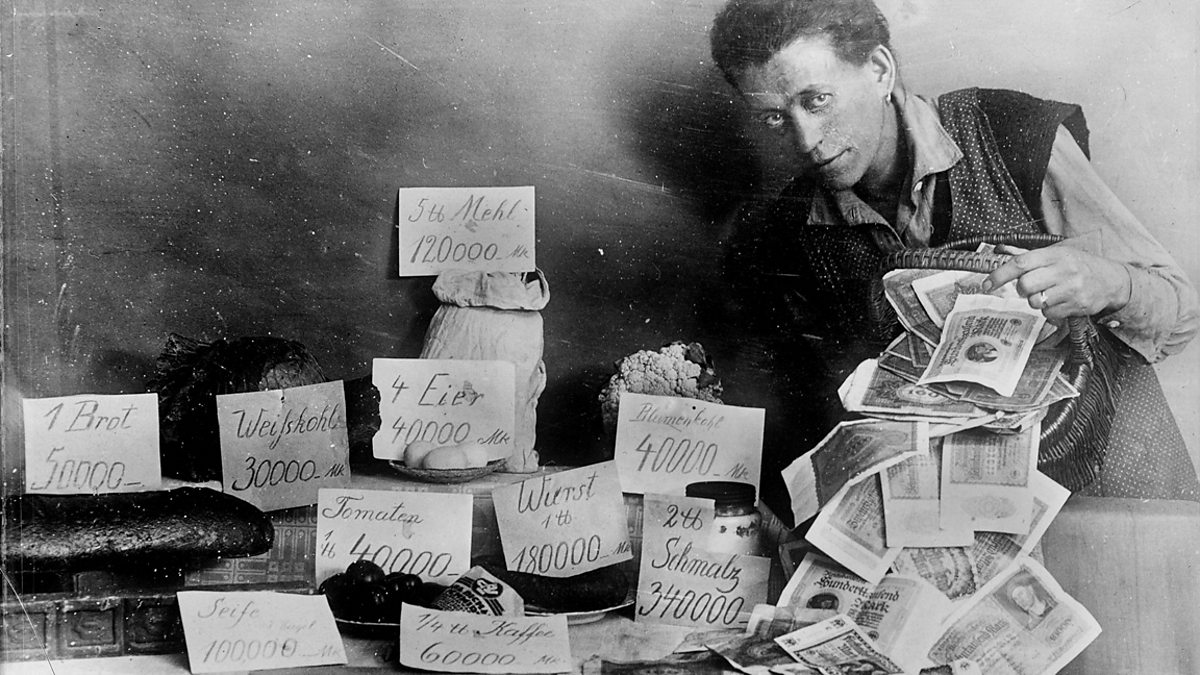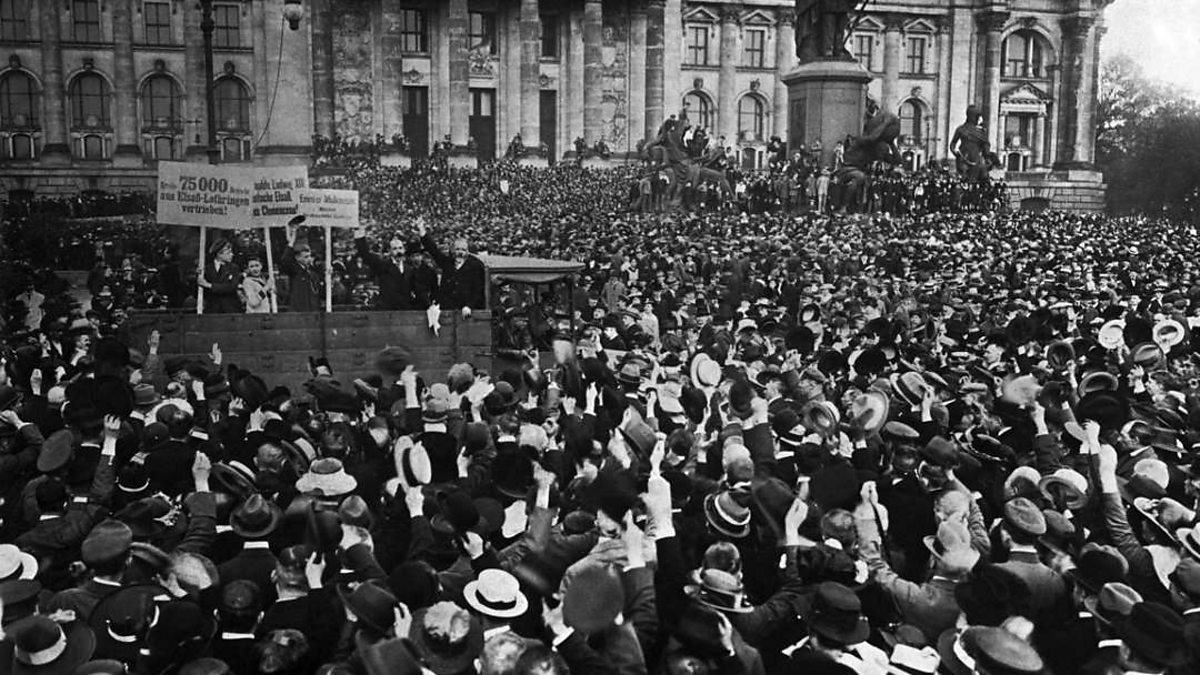
The Treaty of Versailles, signed on June 28, 1919, not only marked the official end of World War I but also had profound and lasting impacts on Germany and the rest of Europe. The treaty imposed severe penalties on Germany, creating significant economic, political, and social repercussions that would shape the continent's future.
Economic Consequences

One of the most glaring effects of the Treaty was its economic impact on Germany. The treaty required Germany to pay enormous reparations, originally set at £6.6 billion, a sum that Germany argued was beyond its capacity to pay. This led to the infamous hyperinflation of 1923 when the German mark became virtually worthless, causing prices to skyrocket—for instance, the price of a loaf of bread rose to 100 billion marks[1][4]. The economic strain fostered by the reparations, combined with loss of territories rich in resources, drastically weakened Germany's industrial base and agricultural output[9][10].
Additionally, the reparations payments exacerbated financial instability across Europe. John Maynard Keynes predicted that these excessive reparation demands would lead to the collapse of the European economy. His warnings were prophetic, as economic difficulties in Germany directly influenced the broader European economic landscape, setting the stage for the Great Depression in the 1930s[3][10].
Political Fallout

The Treaty of Versailles also had severe political consequences for Germany and the region. The treaty was met with immediate outrage from the German populace, who viewed its terms as a 'Diktat'—a dictated peace that did not allow them a fair negotiation[2][6]. This widespread anger contributed to the political instability of the Weimar Republic, with various extremist groups, including the National Socialists, exploiting the public's resentment towards the treaty to gain support. As noted, the harsh conditions set forth by the treaty “led to the rise of Adolf Hitler and the Nazi Party”[7][9].
The political divisions within Germany deepened, as various factions sought to capitalize on the government’s perceived weaknesses in handling the Treaty’s repercussions. The treaty's imposition of a war guilt clause, which held Germany solely responsible for the war, further inflamed nationalist sentiments, making the Weimar government a target for political strife and uprisings, such as the Kapp Putsch in 1920 and the Spartacist uprising in 1919[1][2].
Social Ramifications

Socially, the Treaty had a demoralizing effect on the German populace. The loss of territory and military limitations diminished Germany's national pride, leading to a pervasive sense of humiliation among its citizens. The treaty mandated significant military reductions, limiting Germany's army to 100,000 troops and forbidding it from having an air force or submarines[4][6]. This disarmament not only left Germany feeling vulnerable but also contributed to a climate of insecurity that fueled radical political movements.
The impacts were not limited to Germany; the reshaping of national borders in Europe created new nations and redrew old ones. This was particularly evident in the formation of Czechoslovakia and the reconfiguration of territories previously held by the Austro-Hungarian and Ottoman Empires. The establishment of new states led to ethnic tensions and conflicts that would persist for decades, as indicated by the lack of stability created by the new borders[2][10]. The incorporation of the League of Nations into the Treaty was intended to secure lasting peace; however, without the participation of the United States, the League remained ineffective and couldn't prevent subsequent political crises in Europe[3][8].
Lasting Legacy
The Treaty of Versailles sowed seeds of resentment that would not only destabilize Germany but also alter the political landscape of Europe for years to come. While it aimed to bring peace, it ultimately did the opposite by creating a sense of injustice and trepidation among nations. The Treaty’s failure to create a sustainable peace framework contributed to the conditions leading to World War II, as many historians argue that the treaty indirectly set the stage for future conflicts due to the unresolved issues of reparations, border disputes, and national grievances[5][10].
In conclusion, the Treaty of Versailles represented a critical juncture in the course of European history, characterized by its far-reaching economic, political, and social consequences. Its legacy continues to influence international relations and political dynamics in Europe, illustrating the complexities of peace settlements following large-scale conflicts. The Treaty ultimately serves as a warning about the challenges of imposing punitive measures without addressing the underlying issues that incite conflict.
Get more accurate answers with Super Search, upload files, personalized discovery feed, save searches and contribute to the PandiPedia.
Let's look at alternatives:
- Modify the query.
- Start a new thread.
- Remove sources (if manually added).
- Request a manual search from our human research team.